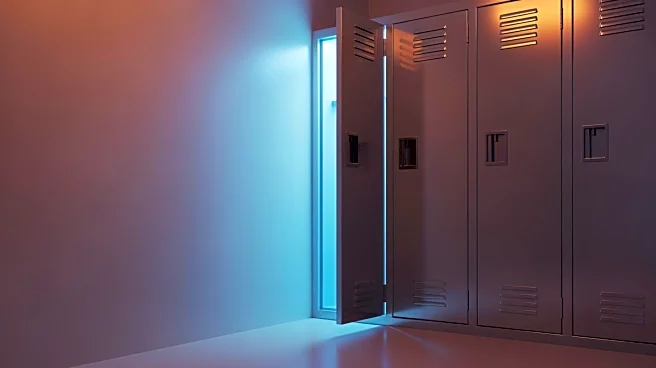Rapid Read • 7 min read
The American Bar Association (ABA) has voted to extend the deadline for law schools to apply for permission to admit students without requiring the Law School Admission Test (LSAT). This decision follows a previous vote by the Council of the Section of Legal Education and Admissions to the Bar, which approved variances to Standard 503. This change allows law schools to admit up to 100% of their students without an admissions test, a significant increase from the previous limit of 10%. Since the vote, over a dozen law schools have applied for this variance, indicating a shift in the traditional admissions process. The move is seen as a way to provide more flexibility in admissions and potentially increase diversity within law schools.
AD
This development could have a substantial impact on the legal education landscape in the United States. By allowing law schools to admit students without LSAT scores, the ABA is potentially broadening access to legal education. This could lead to a more diverse student body, as the LSAT has been criticized for being a barrier to entry for some applicants. Additionally, this change may influence how law schools evaluate applicants, placing more emphasis on other aspects of an applicant's profile, such as undergraduate performance, work experience, and personal statements. However, it also raises questions about maintaining academic standards and the potential impact on the quality of legal education.
Law schools that wish to take advantage of this new policy will need to apply for the 503 Variance form. As more schools apply and potentially adopt this approach, it will be important to monitor how this affects admissions trends and student outcomes. Stakeholders, including prospective students, current law students, and legal professionals, will likely be watching closely to see how this change impacts the legal field. Additionally, there may be discussions about the long-term implications for the LSAT and whether other standardized tests in higher education could face similar challenges.
AD
More Stories You Might Enjoy










